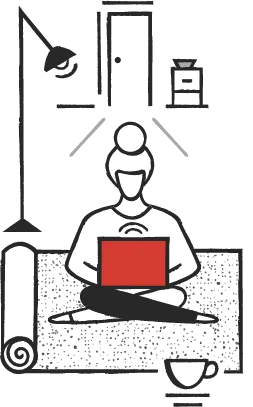Resources for Chicago Apartment Renters

Apartment Checklist
If you want to rent a Chicago apartment, there are a few things that you should know before you go looking. Here's what you should know about renting an apartment in Chicago.
Search for an Apartment
Don't know where to begin your search for an apartment in Chicago? Here are the basics that you should nail down before you find a Chicago apartment.
Complete the Lease
If you want to rent a Chicago apartment, there are a few things that you should know before moving in. Here's what you should know about renting an apartment in Chicago.
Moving In
Moving in to your Chicago apartment? Kudos! Here are some things you should know before moving in to your apartment.
During the Lease
Renting an apartment in Chicago should allow you to enjoy the upside of city life while deftly avoiding the downside. Here's what to know to make the most of renting your Chicago apartment.
Advice & Tips
Can't see the future? It's OK, neither can we. Don't panic -- use this collection of advice and tips for renting an apartment in Chicago. It will help you navigate the most common questions for Chicago apartment renters.
Renters Rights
Learn what your rights are as a tenant and understand what landlords need to provide in Chicago apartments.
